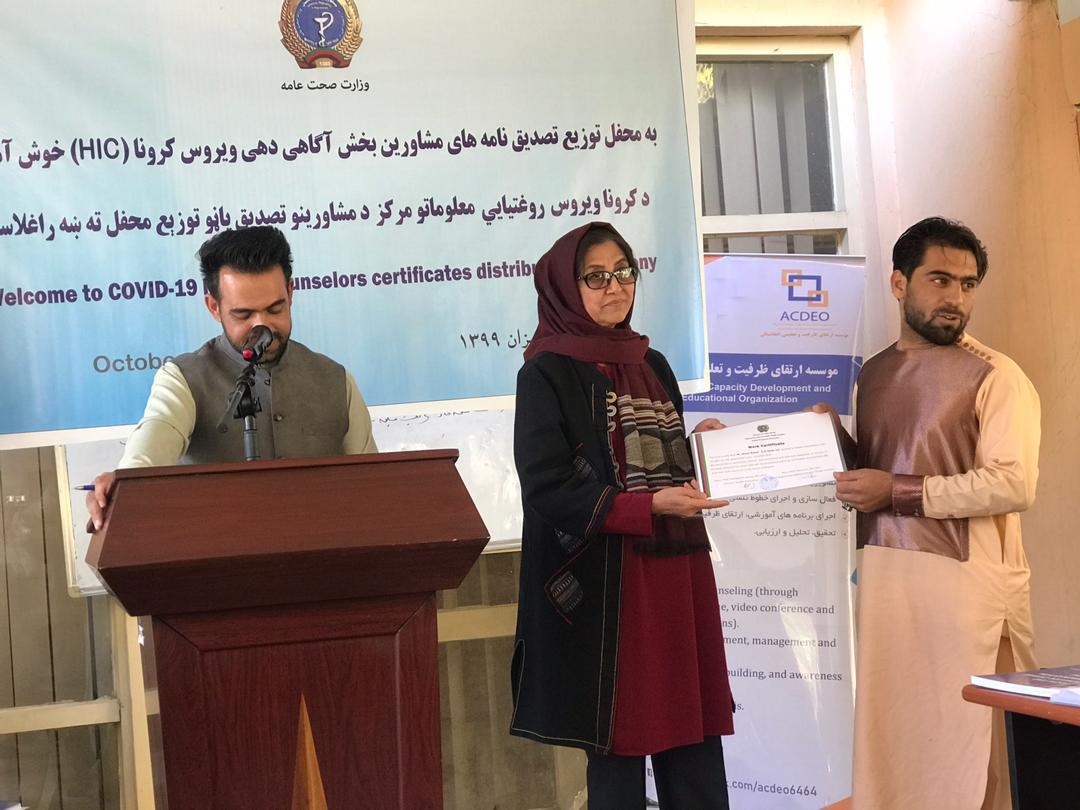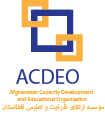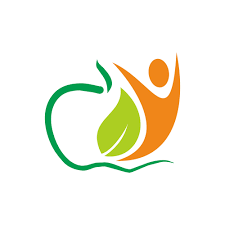ACDEO’s work has included providing life-saving care to people in vulnerable situations to enable them to provide sustained care for themselves and their families.
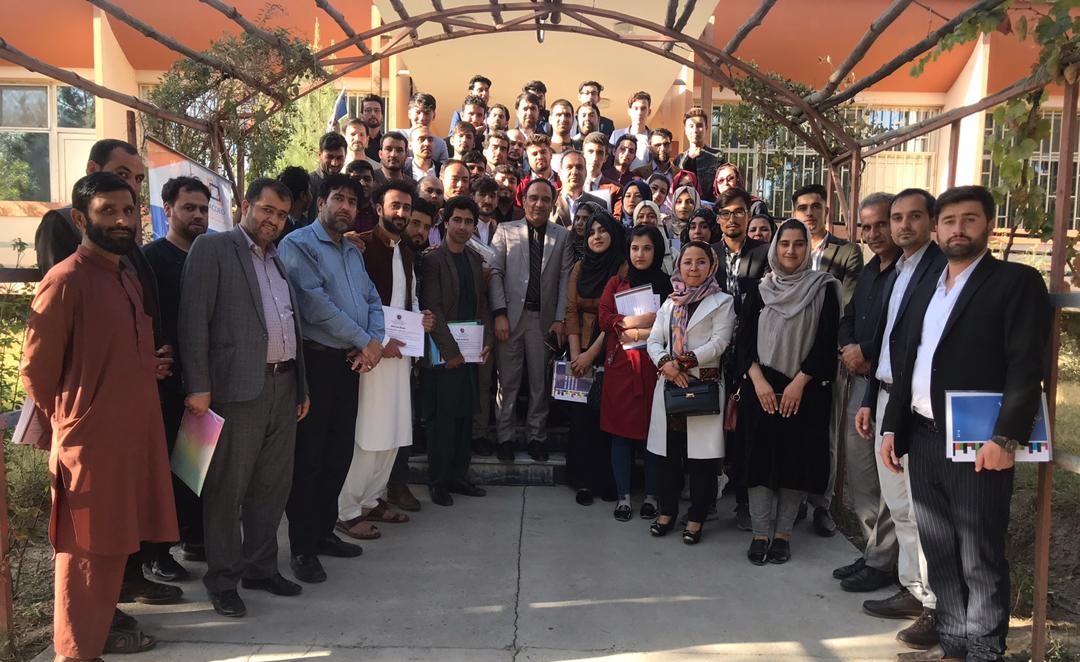
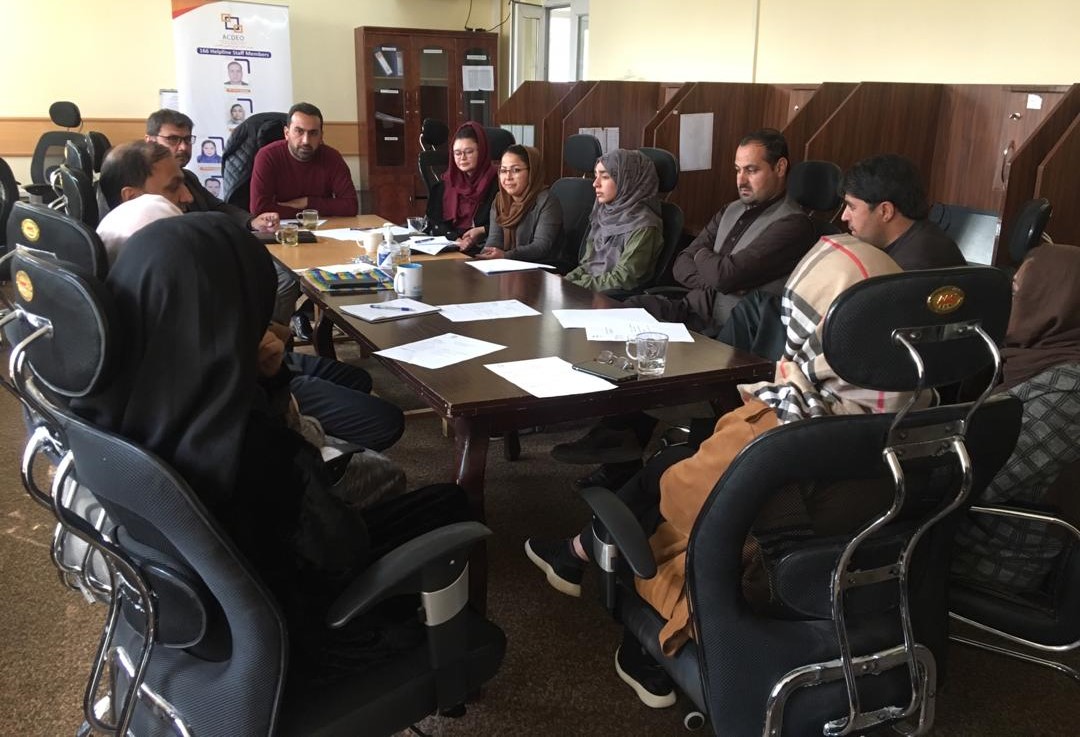
Health & Nutrition
Achieving lasting gains in health, especially for women and children, remains a top priority for Afghanistan, a country with one of the highest rates of child stunting and one of the two countries where polio remains endemic. As a result, nutrition and childhood immunisation programmes need to be protected and expanded.
At the same time, Afghanistan is still a country where women and girls are vulnerable to discrimination, with limited facilities and opportunities to promote female adolescent health and protect and expand reproductive health provision. Much maternal and childhood morbidity and mortality is concentrated in poor and/or remotely-located populations, especially among families in which the mothers have had limited or no access to education.
ACDEO’s work has included providing life-saving care to people in vulnerable situations to enable them to provide sustained care for themselves and their families. In collaboration with Afghanistan’s, Ministry of Public Health and the Gavi Alliance, ACDEO established a helpline Health Information Centre, providing promoting and preventive counselling, triage for referrals and access to advice from next-level care providers. Here, the aim is to exert a positive influence on health behaviour and promote good governance, voice and accountability in Afghanistan’s public health systems.
Through the Family Support Helpline, ACDEO has been at the forefront of delivering accessible, trustworthy counselling and advice to Afghans in relation to mental health, drawing on trained call centre staff fully aware of cultural and religious sensitivities and supported by psychiatrists and psychologist from the Afghan diaspora around the world. The Family Support Helpline is the only helpline in the country accredited by the UK-based Helplines Partnership ( https://helplines.org/helplines/afghanistan-capacity-development-educational-organization-acdeo/
At the same time, Afghanistan is still a country where women and girls are vulnerable to discrimination, with limited facilities and opportunities to promote female adolescent health and protect and expand reproductive health provision. Much maternal and childhood morbidity and mortality is concentrated in poor and/or remotely-located populations, especially among families in which the mothers have had limited or no access to education.
ACDEO’s work has included providing life-saving care to people in vulnerable situations to enable them to provide sustained care for themselves and their families. In collaboration with Afghanistan’s, Ministry of Public Health and the Gavi Alliance, ACDEO established a helpline Health Information Centre, providing promoting and preventive counselling, triage for referrals and access to advice from next-level care providers. Here, the aim is to exert a positive influence on health behaviour and promote good governance, voice and accountability in Afghanistan’s public health systems.
Through the Family Support Helpline, ACDEO has been at the forefront of delivering accessible, trustworthy counselling and advice to Afghans in relation to mental health, drawing on trained call centre staff fully aware of cultural and religious sensitivities and supported by psychiatrists and psychologist from the Afghan diaspora around the world. The Family Support Helpline is the only helpline in the country accredited by the UK-based Helplines Partnership ( https://helplines.org/helplines/afghanistan-capacity-development-educational-organization-acdeo/
What We Have Done

Since 2013, ACDEO has provided family and psychosocial counselling through the 6464 Family Support Helpline.
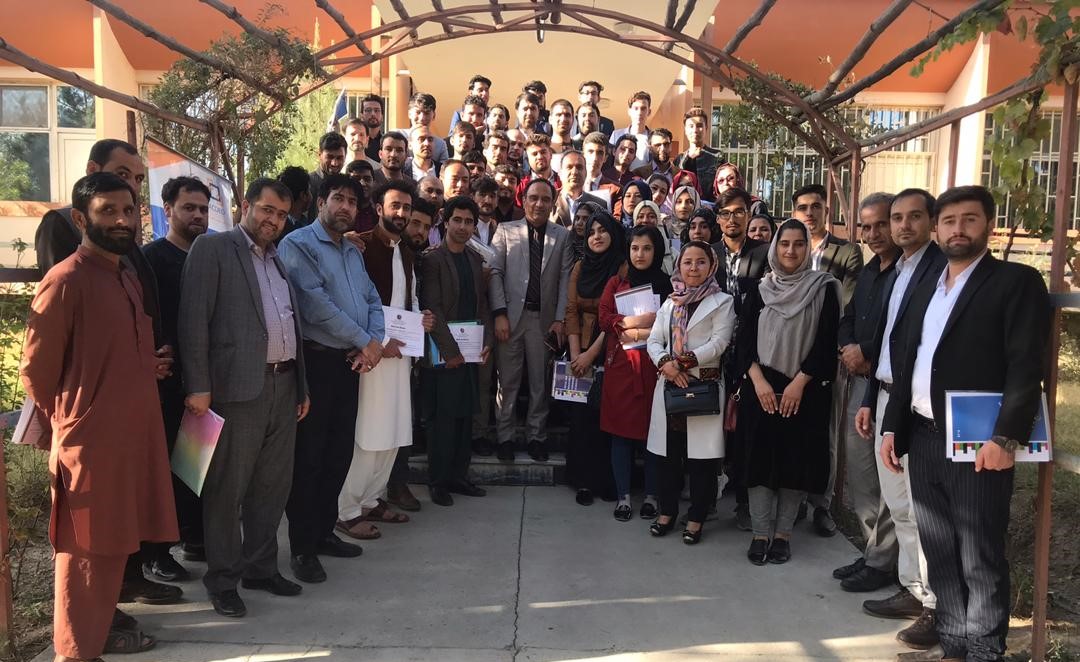
During the COVID-19 pandemic ACDEO has responded to a request from Office of The President and the Ministry of Public Health through increased capacity, managing an average of over 2,000 calls a day from across Afghanistan. In many cases, the Helpline has been the only way for communities cut off from other public services to access support and guidance.
